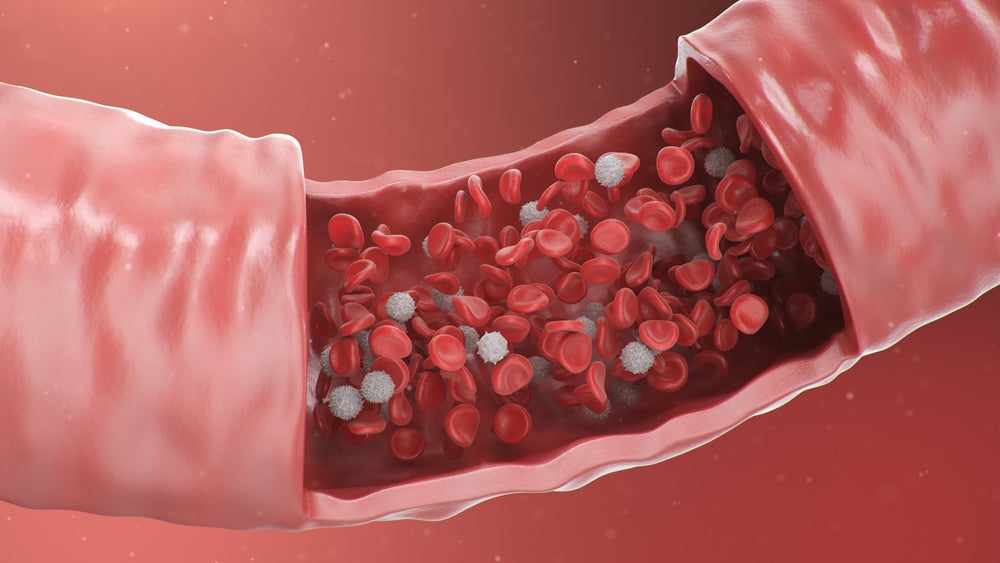
SyneuRx International expects to recruit between 500 and 1,000 patients in its oral Covid-19 Phase III study slated for 2Q22, CEO and founder Guochuan Emil Tsai says. The trial will also likely use the electronic Patient Report Outcome (ePRO) tool to enable participants to report symptoms remotely, he adds.
With concerns on waning Covid-19 vaccine efficacy and continued appearance of new variants, the race among oral antiviral vaccine makers is drawing heightened public attention. The two frontrunners in the field are molnupiravir (Lagevrio) by Merck and Ridgeback Biotherapeutics, and PF-07321332 (Paxlovid) by Pfizer. Lagevrio works by inhibiting RNA virus replication, while Paxlovid and SyneuRx’s asset SNB-011 (Pentarlandir) are protease inhibitors.
Oral Covid-19 Phase II to complete in 1Q
The Phase III Pentarlandir trial is expected to start after the completion of the 90-patient Phase II study (NCT04911777) in 1Q22, Tsai says. The Phase II also uses the ePRO tool in multiple secondary endpoints, with a primary endpoint looking into change from baseline in viral genome up to day 14.
The ongoing Phase II is designed to recruit ambulatory patients who are mildly symptomatic. These patients are described as having Covid-19 confirmed via a PCR test within four days of randomization, and no signs of a more serious lower airway disease via chest x-ray or chest CT. The patient also needs to have a resting respiratory rate of ≤20, resting heart rate of ≤90, and oxygen saturation (pulse oximetry) ≥95% on room air.
Studying Pentarlandir has had its challenges, particularly with executing studies based on varying developments of the pandemic in individual regions, Tsai notes. Determining the right site requires the company to follow the virus and focus on locations with higher numbers of Covid-19 cases. The Phase II is recruiting from the US and is likely to be the case with the Phase III, he adds. SyneuRx is headquartered in Taiwan.
How well do you really know your competitors?
Access the most comprehensive Company Profiles on the market, powered by GlobalData. Save hours of research. Gain competitive edge.

Thank you!
Your download email will arrive shortly
Not ready to buy yet? Download a free sample
We are confident about the unique quality of our Company Profiles. However, we want you to make the most beneficial decision for your business, so we offer a free sample that you can download by submitting the below form
By GlobalDataPandemic impact on schizophrenia trial recruitment
Elsewhere, SyneuRx is also developing its sodium benzoate (NaBen) treatment in adult schizophrenia. The company projects that it will be able to produce an interim analysis of its Phase IIb/III (NCT02261519) study in adult schizophrenia in 1Q22, Tsai says. In the 348-patient Phase IIb/III, the adaptive study has a primary endpoint investigating changes in the Positive and Negative Syndrome Scale (PANSS) eight weeks after treatment randomization.
SyneuRx is also investigating NaBen in separate Phase II trials in refractory (NCT03094429) and adolescent schizophrenia (NCT01908192). Conducting the schizophrenia studies has proven more challenging during Covid-19, which saw the restriction of onsite visits, impacting study assessments, Tsai states. The company is aiming to enroll 348 participants in its adult schizophrenia study, while targeting 287 subjects for the refractory schizophrenia study and 126 participants for the adolescent schizophrenia trial.
SyneuRx considering licensing deal
As for SyneuRx in amyotrophic lateral sclerosis (ALS), it is considering licensing out its preclinical asset as it would like to focus its effort on Covid-19 and schizophrenia, Tsai says. The asset utilizes neurogenesis and glutamate in stimulating neuron repair, which can be tested on ALS, an indication which features the gradual deterioration of motor neurons.
The company does not have a specific timeframe on this licensing plan, Tsai notes. However, the company would be looking for larger pharma companies to work with, which have had experience and track records in dealing with indications related to the central nervous system (CNS), he adds, noting Novartis, Pfizer and Roche as examples.








